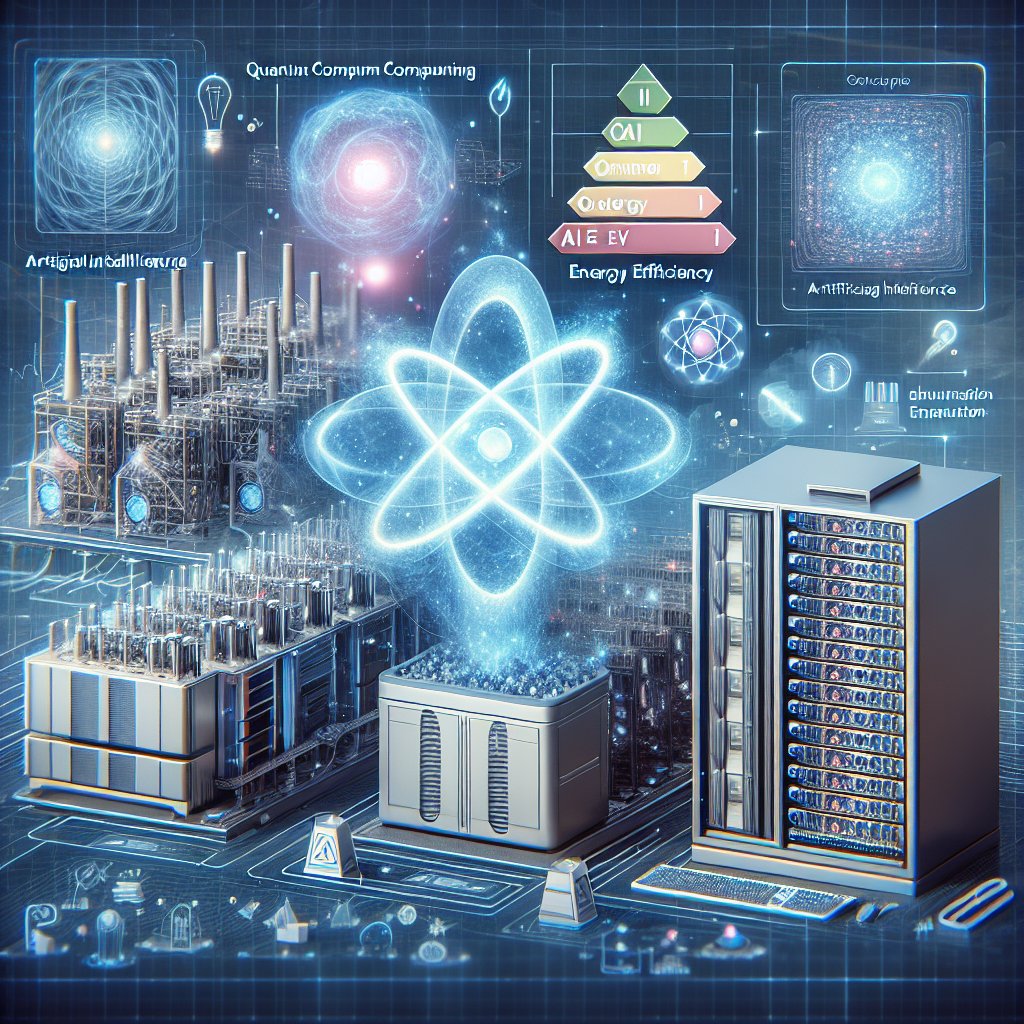Bezos’ Vision for Orbital Data Centers
Jeff Bezos, the Amazon founder and executive chair, has made a bold prediction: within the next 10 to 20 years, gigawatt-scale data centers will be constructed in space. Why? Because up there, they can harness the power of the sun 24/7 without pesky interruptions like clouds or rain. Speaking at the Italian Tech Week in Turin, Bezos compared this potential shift to the internet boom of the early 2000s, urging optimism despite potential speculative bubbles. According to Bezos, the continuous availability of solar energy in space means these orbital data centers could eventually outperform their Earth-bound counterparts.
The concept of orbital data centers is gaining traction among tech giants as the demand for electricity and water to cool terrestrial servers skyrockets. Bezos envisions these space-based centers as a crucial part of a broader trend of using space to enhance life on Earth. Just as weather and communication satellites have revolutionized their respective fields, Bezos believes data centers in space could be the next big leap.
Challenges of Space-Based Infrastructure
While the idea of space-based data centers sounds like science fiction, it comes with its own set of challenges. Maintenance and upgrades in the harsh environment of space are no small feats. Plus, the cost of launching rockets, not to mention the risk of launch failures, presents significant hurdles. Bezos acknowledges these challenges but remains optimistic that the benefits outweigh the risks. He argues that the ability to harness solar power without interruption could lead to cost savings that make space-based data centers more economical than their terrestrial counterparts.
The executive chair of Amazon also sees this shift as part of a larger trend of utilizing space to improve life on Earth. From weather satellites to communication satellites, space has already proven its value. Bezos predicts that data centers are just the beginning, with other forms of manufacturing potentially following suit. The goal is to leverage space’s unique environment to solve Earth’s growing energy demands.
AI’s Parallels with the Dot-Com Era
In addition to his space ambitions, Bezos drew parallels between the current AI boom and the dot-com era of the late 1990s. Just as the internet transformed society, Bezos believes AI holds similar transformative potential. However, he cautions against confusing speculative bubbles with the underlying reality. The dot-com era saw massive hype followed by a crash, but the internet’s benefits were undeniable and long-lasting.
Bezos is optimistic that AI will bring widespread societal benefits, much like the internet did. He emphasizes the importance of distinguishing between potential bubbles and the actual advancements AI can offer. According to Bezos, the benefits of AI are expected to be broadly distributed, impacting various sectors and improving lives globally.
A New Frontier for Innovation
Bezos’ predictions highlight a new frontier for innovation—one that transcends Earthly constraints. By moving data centers to space, we could address growing energy demands while opening up new possibilities for technological advancement. The challenges are significant, but so are the potential rewards. As Bezos points out, the use of space for data centers could be just the beginning, with other industries following suit.
The vision for space-based infrastructure is ambitious, but it’s not without precedent. As we’ve seen with satellites, space offers unique advantages that can revolutionize industries. Bezos’ vision may seem far-fetched now, but if history is any guide, the future may be closer than we think. With the right investments and technological breakthroughs, space could become the next great frontier for innovation.



